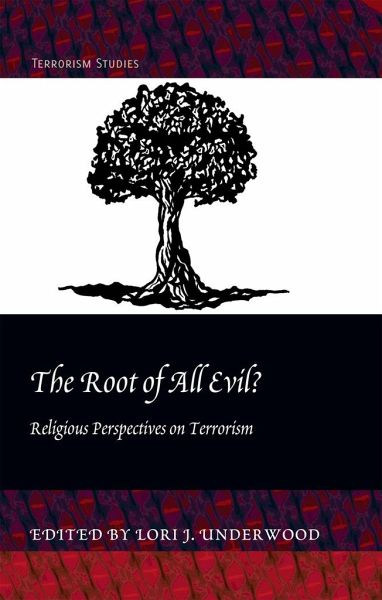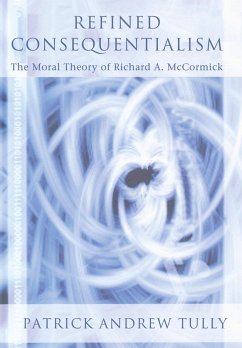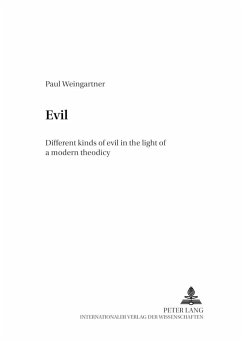
The Root of All Evil?
Religious Perspectives on Terrorism
Herausgegeben: Underwood, Lori J.

PAYBACK Punkte
0 °P sammeln!
There is a great deal of popular belief in the connection between religious extremism and terrorism. There are also numerous statistical analyses that reject that connection. Upon a deeper analysis, however, both of these approaches are oversimplifications. To adequately answer the question of whether there is a significant causal relationship between organizational religions and terrorism, it is necessary to take a closer and more critical look at the ideologies and practices of both religious practitioners and terrorists. It is important to focus on the causality of the relationship, because...
There is a great deal of popular belief in the connection between religious extremism and terrorism. There are also numerous statistical analyses that reject that connection. Upon a deeper analysis, however, both of these approaches are oversimplifications. To adequately answer the question of whether there is a significant causal relationship between organizational religions and terrorism, it is necessary to take a closer and more critical look at the ideologies and practices of both religious practitioners and terrorists. It is important to focus on the causality of the relationship, because, if there is no causal relationship between religion and terrorism, then removing adherence to religion will do nothing to ameliorate the problem of terrorism. The Root of All Evil? Religious Perspectives on Terrorism conducts this kind of analysis.














